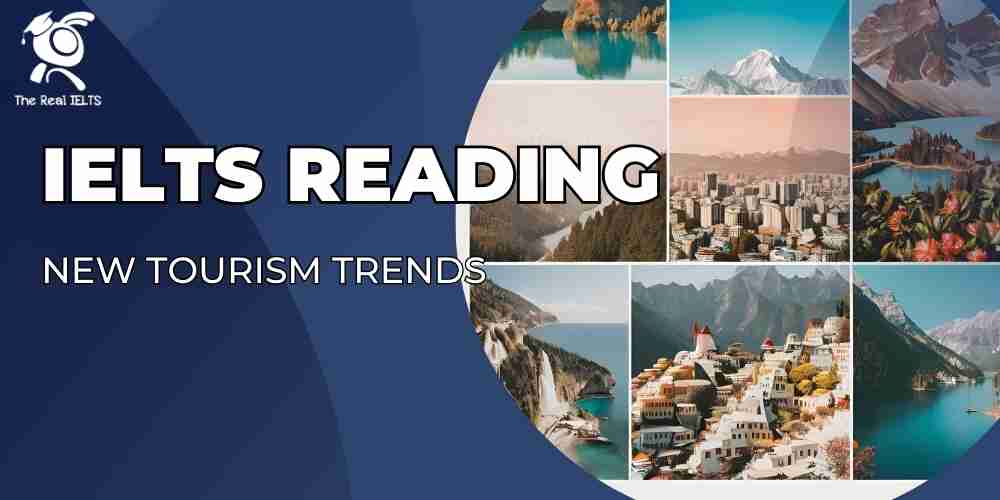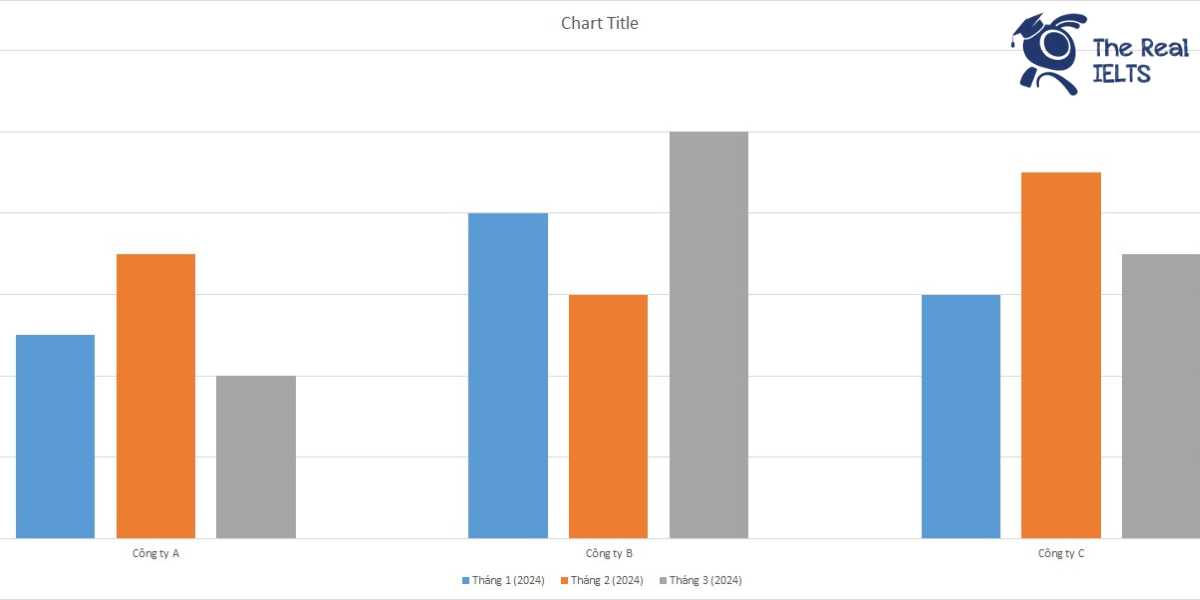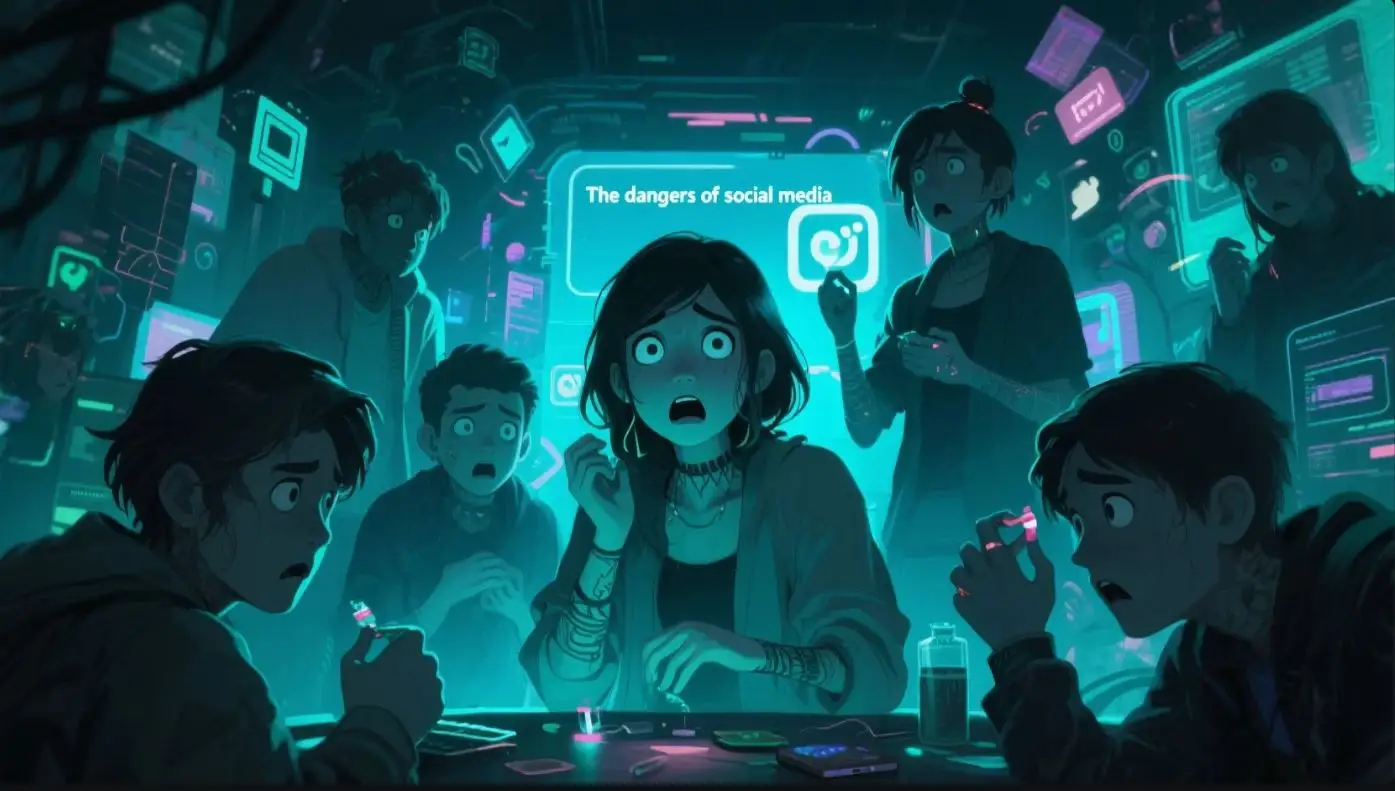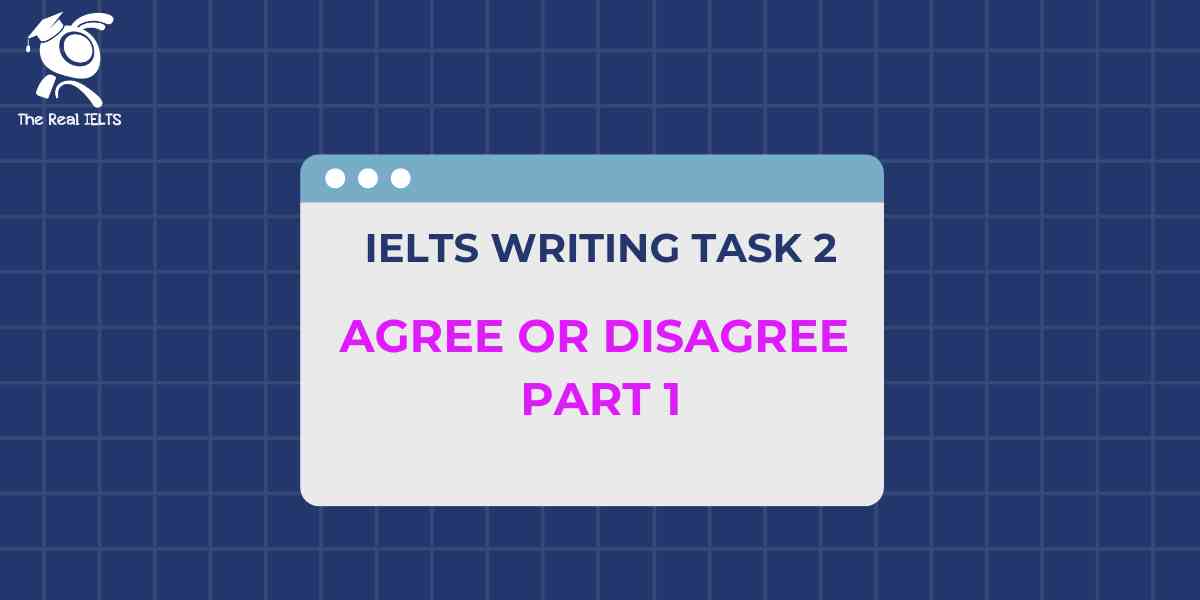IELTS Reading 75: New tourism trends là chủ đề thuộc chuỗi bài luyện tập 11 dạng bài IELTS Reading và các bài tập luyện tập.
Học lại bài cũ: IELTS Reading 74: The role of tourism in the economy.
IELTS Reading: New tourism trends
The landscape of global tourism is evolving rapidly, shaped by various factors such as technological advancements, changing consumer preferences, and the increasing awareness of sustainability. One prominent trend is the rise of experiential travel, where tourists prioritize unique, immersive experiences over traditional sightseeing. This shift is driven by a desire for authenticity, with travelers seeking to connect more deeply with local cultures and communities. Activities like cooking classes, cultural workshops, and volunteer opportunities have gained popularity, allowing visitors to engage meaningfully with their destinations.
Another significant trend is the growing focus on sustainable tourism. As awareness of environmental issues rises, many travelers are opting for eco-friendly options. This includes choosing accommodations that practice sustainability, supporting local businesses, and participating in conservation efforts. Destinations are responding by promoting sustainable practices and certifications, appealing to a more conscientious traveler base. Eco-tourism not only helps preserve natural environments but also contributes to the economic well-being of local communities.
Digital transformation is also reshaping tourism. The proliferation of mobile technology has made it easier for travelers to plan their trips, book accommodations, and navigate new places. Online platforms and applications provide instant access to reviews, recommendations, and personalized itineraries. Additionally, virtual reality (VR) and augmented reality (AR) are enhancing travel experiences, allowing users to preview destinations or engage in interactive activities before arrival.
Moreover, the COVID-19 pandemic has prompted a shift towards domestic and local travel. With international travel restrictions in place, many individuals are exploring their own countries, leading to a resurgence in interest in local attractions and hidden gems. This trend not only supports local economies but also encourages a deeper appreciation for nearby destinations, fostering a sense of community and belonging.
Finally, the concept of “slow travel” is gaining traction. In contrast to the fast-paced, often rushed nature of traditional tourism, slow travel encourages individuals to take their time, savor experiences, and truly connect with their surroundings. This approach promotes mindfulness and reduces the carbon footprint associated with travel, as visitors often choose to explore by foot or bicycle rather than relying on motorized transport.
In conclusion, the new trends in tourism reflect a broader societal shift towards meaningful, sustainable, and technology-driven experiences. As travelers continue to seek authenticity and connection, the tourism industry must adapt to these evolving preferences, ensuring that it meets the demands of a changing world while preserving the essence of travel.
Questions
1. Multiple Choice
What is a significant factor driving the rise of experiential travel?
A) Cost-effectiveness
B) Authenticity
C) Accessibility
D) Convenience
2. True/False/Not Given
Sustainable tourism focuses primarily on luxury travel experiences.
3. Yes/No/Not Given
Travelers are increasingly interested in supporting local businesses while traveling.
4. Matching Information
Match the following trends with their descriptions:
A) Experiential travel
B) Sustainable tourism
C) Digital transformation
D) Slow travel
5. Matching Headings
Choose the most appropriate heading for each paragraph:
- The shift towards more immersive travel experiences
- The importance of eco-friendly practices in tourism
- How technology is changing travel planning
- The appeal of taking time to explore destinations
6. Matching Sentence Endings
Complete the following sentences:
- Experiential travel allows tourists to…
- Sustainable tourism supports…
- Digital transformation has made it easier for travelers to…
- Slow travel encourages individuals to…
7. Sentence Completion
Tourists are now more interested in _________ rather than traditional sightseeing.
8. Summary Completion
The rise of digital technology has led to a more _________ approach to travel planning.
9. Diagram Label Completion
Label the diagram showing the trends in tourism with the correct terms:
- Experiential Travel
- Sustainable Practices
- Digital Tools
- Slow Travel
10. Short Answer Questions
What are two activities that travelers might engage in to experience local culture?
11. Table/Flowchart/Note Completion
Complete the table with the following trends and their impacts on tourism:
| Trend | Impact on Tourism |
|---|---|
| Experiential Travel | |
| Sustainable Tourism | |
| Digital Transformation | |
| Slow Travel |
Đáp án
1. Multiple Choice
B) Authenticity
2. True/False/Not Given
False (Sustainable tourism does not focus primarily on luxury travel experiences.)
3. Yes/No/Not Given
Yes (Travelers are increasingly interested in supporting local businesses while traveling.)
4. Matching Information
A) Experiential travel – 1) The shift towards more immersive travel experiences
B) Sustainable tourism – 2) The importance of eco-friendly practices in tourism
C) Digital transformation – 3) How technology is changing travel planning
D) Slow travel – 4) The appeal of taking time to explore destinations
5. Matching Headings
- Experiential travel
- Sustainable tourism
- Digital transformation
- Slow travel
6. Matching Sentence Endings
- Experiential travel allows tourists to… connect more deeply with local cultures and communities.
- Sustainable tourism supports… local economies and environmental conservation efforts.
- Digital transformation has made it easier for travelers to… plan their trips, book accommodations, and navigate new places.
- Slow travel encourages individuals to… take their time and savor experiences.
7. Sentence Completion
Tourists are now more interested in experiential travel rather than traditional sightseeing.
8. Summary Completion
The rise of digital technology has led to a more personalized approach to travel planning.
9. Diagram Label Completion
- Experiential Travel
- Sustainable Practices
- Digital Tools
- Slow Travel
10. Short Answer Questions
What are two activities that travelers might engage in to experience local culture?
Cooking classes, cultural workshops.
11. Table/Flowchart/Note Completion
| Trend | Impact on Tourism |
|---|---|
| Experiential Travel | Enhances the depth of cultural engagement. |
| Sustainable Tourism | Promotes eco-friendly practices and supports local economies. |
| Digital Transformation | Simplifies travel planning and enhances accessibility. |
| Slow Travel | Encourages mindfulness and reduces travel-related stress. |















